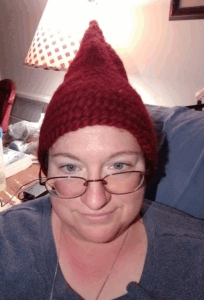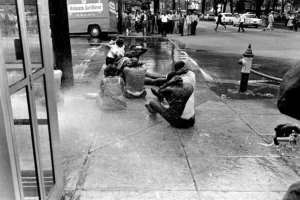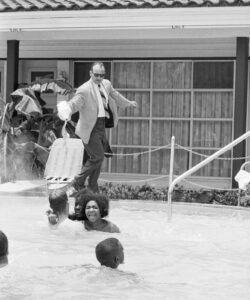Town Meeting Day
So here in NH we have something called Town Meeting Day, March 10th (it moves around a bit to avoid weekends). It’s been a “thing” for about 400 years.
On Facebook, a group called WE the People NH posted this today:
So Town Meeting Day is coming up. March 10. A day notoriously devoid of conservative voters – who then complain about ever increasing property taxes. My town has on the ballot a $5 million track for the local high school unanimously recommended by the school board and if things go the way they normally do, our town, which voted for Trump, will have a minuscule percentage of voters made up of a majority of progressive voters vote to rubber-stamp all the spending. I did a search of town meeting day in NH and the first thing that popped up was from the progressive Granite Post. The next thing that came up was Amplify NH. We truly need conservatives to get out and do this extremely simple thing – vote down the constant spending, vote out the entrenched officials who advocate increased spending every year. I would like to see a push by this group and other conservative groups to focus on NH – change starts locally.
I will say, I have seen a lot of conservative voters deciding not to vote on “little things” over the last 20 years. Too many conservatives. That is literally how we got to where we are today. Trump has helped, by stirring up the flyover country to vote, but it’s just not enough.
Do y’all want a blue wave? Because let me tell you, I do not. If you live in NH, and your town is having a vote, get your ass out and VOTE! It is quite literally your civic duty.
I’m going to lay this out here: if you don’t vote, then you are telling everyone around you that you don’t care what happens to your property taxes, your school system, your local police, your fire house, your roads, and a zillion other things. More importantly, in my very snooty opinion, you are teaching your children that there’s no reason to go out and vote.
Eh, it’s just a little election. Doesn’t really matter.
Yes, Ken, it does. Every vote in every election matters.
Imagine, if you will, what our country would look like if everyone was encouraged (both positively and negatively) to go out and vote. If we presented voting as a necessity, something everyone could and should do, every single time, how different would our economy be? How much more educated would our voters be?
Why don’t we have people teaching classes on what the local issues are? I’m not talking some politician (local or otherwise) stumping for their party. I mean third party people not involved in the voting who are simply subject matter experts. Is your county or town voting on spending for the year? Have an accountant come talk about what’s important and what isn’t. Are you discussing whether you have to dump art or sports from schools in order to afford to feed kids free lunch? Get in someone who’s an expert in that stuff to talk about it. Or more than one person. Teach me!
Our children are watching us, folks. They’re watching everyone of us who ditches on a piddly local election. They’re watching as we add up the numbers on the screen and decide it “isn’t worth voting because we’re going blue/red anyhow.” It’s not a fricking sports team, people! Voting is something that NEEDS to be hammered into every single student, every single year, with parents going out and voting and being encouraged to take their kids along to see how it is done. When a young adult walks into their first polling station for a local, state, or federal vote on something, it should be familiar, not scary!




 This is my red hat. It is based on
This is my red hat. It is based on 





